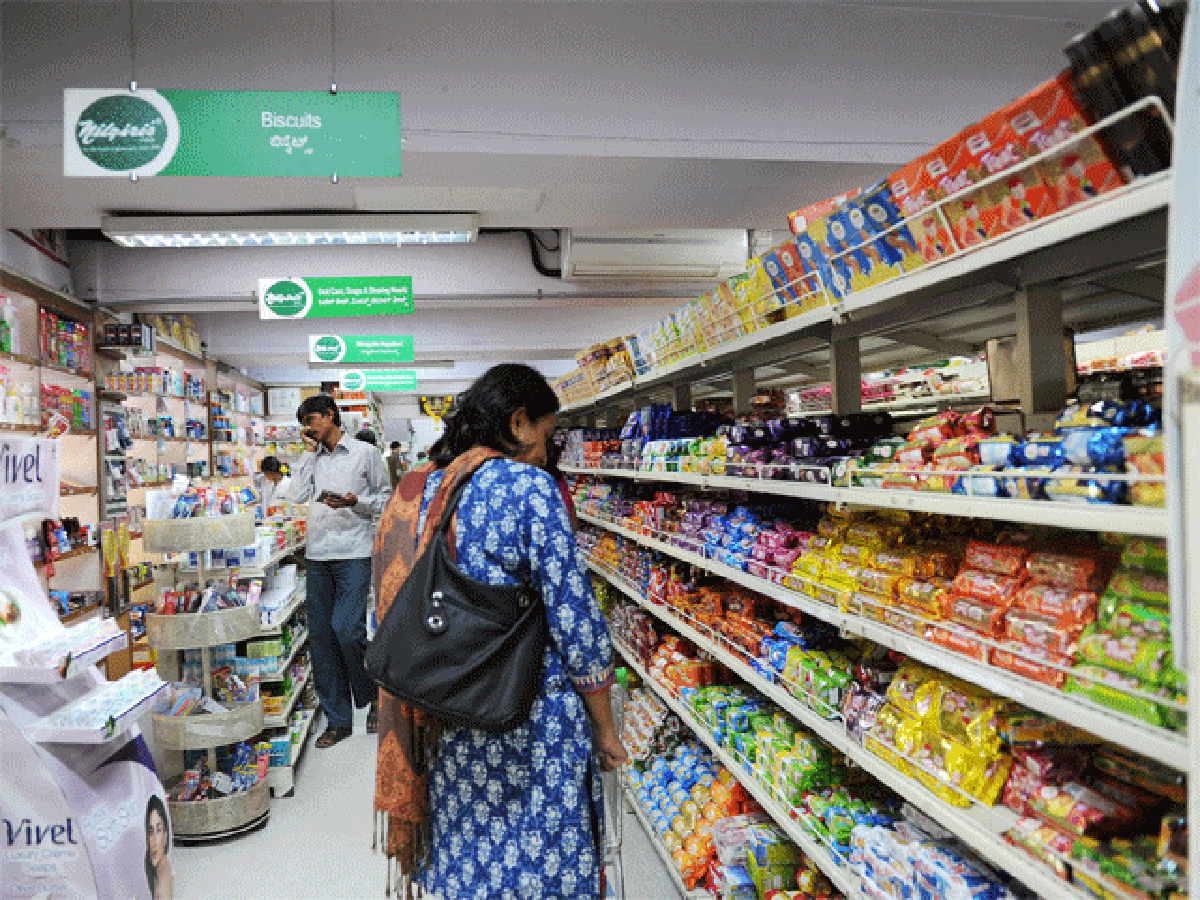- Industry
- 2 min read
Top medical institutes urge immediate action on front-of-pack labels to address India’s NCDs crisis
India’s top medical experts cited the exponential rise in the consumption of packaged food as the key contributor to the obesity epidemic and upsurge in non-communicable diseases (NCDs) in India.
India’s top medical experts cited that an exponential rise in the consumption of ultra-processed foods containing high levels of sugars, sodium and saturated fats is a key contributor to this obesity epidemic and upsurge in the prevalence of non-communicable diseases (NCDs).
Unhealthy, ultra-processed foods and sugary drinks have only expanded their market in the past few years with the sale of ultra-processed food going up to 6 kg per capita in 2019 from 2 kg in 2005. This consumption has further risen during the Covid pandemic.
Leaders from All India Institute of Medical Sciences (AIIMS), Post Graduate Institute of Medical Education and Research (PGIMER), Institute of Liver and Biliary Sciences, Indian Association of Preventive and Social Medicine (IAPSM), Indian Public Health Association (IPHA), Indian academy of Paediatrics and Epidemiological Foundation of India (EFI), along with doctors from other top medical institutes marked their presence at the event organised by AIIMS Rishikesh and agreed upon the argument presented against junk food.
Medical experts were of the view that front-of-package warning labelling is a key component of a comprehensive strategy to promote healthier lives as it enables consumers to identify products that are high in nutrients of concern associated.
Talking about the impact of not having access to nutrient information of a product, Dr. Suneela Garg, President, Indian Association of Preventive and Social Medicine (IAPSM) said, “All of these conditions such as diabetes, obesity, heart disease or cancers are closely linked to excessive intake of energy-dense and nutrient poor foods and beverages. World over, countries are recognising that consumers have the right to accurate health information regarding these products as part of their right to health. Having incomprehensible or misleading information about a food product puts them at a higher risk of making uninformed choices that lead to overweight, obesity and other diet-related conditions.”
All the experts present have agreed to send set of recommendations to the Ministry of Health and hope to work with the government of India towards a healthier and accountable food system. They said it is encouraging to note that the FSSAI has revived FOPL related consultations. In 2018 the Food Safety Standards Authority India (FSSAI) published draft regulation for FOPL which was subsequently withdrawn for further deliberation. In 2019 December, FSSAI delinked FOPL from general labelling regulations and is currently seeking inputs from consumer rights organizations, industry and nutrition experts for a viable model for India.



COMMENTS
All Comments
By commenting, you agree to the Prohibited Content Policy
PostBy commenting, you agree to the Prohibited Content Policy
PostFind this Comment Offensive?
Choose your reason below and click on the submit button. This will alert our moderators to take actions